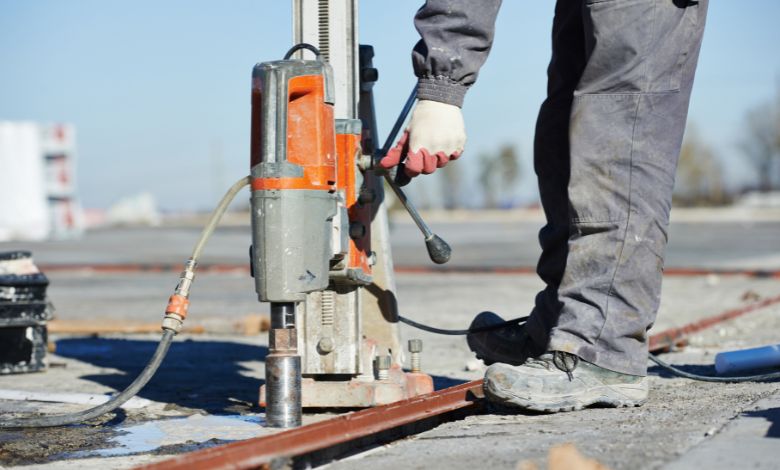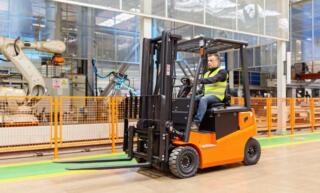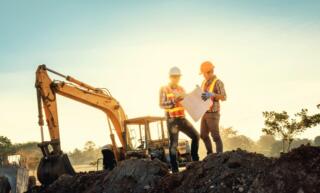
Common Mistakes To Avoid When Core Drilling on a Job Site
Core drilling is an essential part of many construction projects, as it enables contractors to create holes in various materials for electrical wiring, plumbing pipes, HVAC vents, and structural reinforcements. However, several errors can occur during the core drilling process, leading to delays and increased project costs. Let’s discuss some of the most common mistakes made during core drilling and offer tips for avoiding them.
Inadequate Planning and Preparation
One primary mistake when performing core drilling is not adequately planning and preparing for the task. As with any construction activity, proper groundwork and knowing how to use core drilling in construction is essential to ensure the job is executed efficiently and safely. Some ways to avoid this mistake include:
- Conducting thorough site and material inspections before beginning
- Carefully reviewing project plans and specifications
- Ensuring all necessary permits and approvals are in place
- Properly training workers on core drilling techniques and safety precautions
- Using appropriate tools and equipment for the task at hand
Insufficient Anchoring and Stabilization
During core drilling, anchoring and stabilizing your drill is crucial for maintaining precision and preventing damage to the equipment and material. Failure to secure the rig may cause errors in hole alignment, misshapen holes, and even create safety hazards. To avoid these issues:
- Utilize the correct type and size of anchors for the specific material being drilled
- Regularly inspect anchor points and tighten them as needed
- Use suitable stabilization equipment, such as leveling pads or support frames
- Keep the drilling area free of debris and obstacles
Incorrect Drill Bit Selection
Using the wrong type of drill bit can lead to inefficient drilling, uneven cuts, or even damage to the material and equipment. To select the appropriate bit for your core drilling project, consider the following factors:
- Material type and hardness
- Hole diameter requirements
- Drilling speed expectations
- Bit life expectancy and maintenance needs
Overloading or Overheating the Core Drill
Overloading your core drill or allowing it to overheat can cause significant damage to the equipment and result in costly repairs. To prevent such issues, monitor and control the following aspects during core drilling:
- Drilling speed and pressure—excessive force may lead to equipment damage
- Drill bit temperature—use water or appropriate coolant to dissipate heat
- Regularly inspect drill bits for wear and replace them as needed
Core drilling is a critical aspect of construction, and minimizing errors during the process is integral to executing your project on time and within budget. By addressing common mistakes to avoid when core drilling, such as inadequate planning or incorrect drill bit selection, you can optimize your operations and ensure a successful project outcome.




